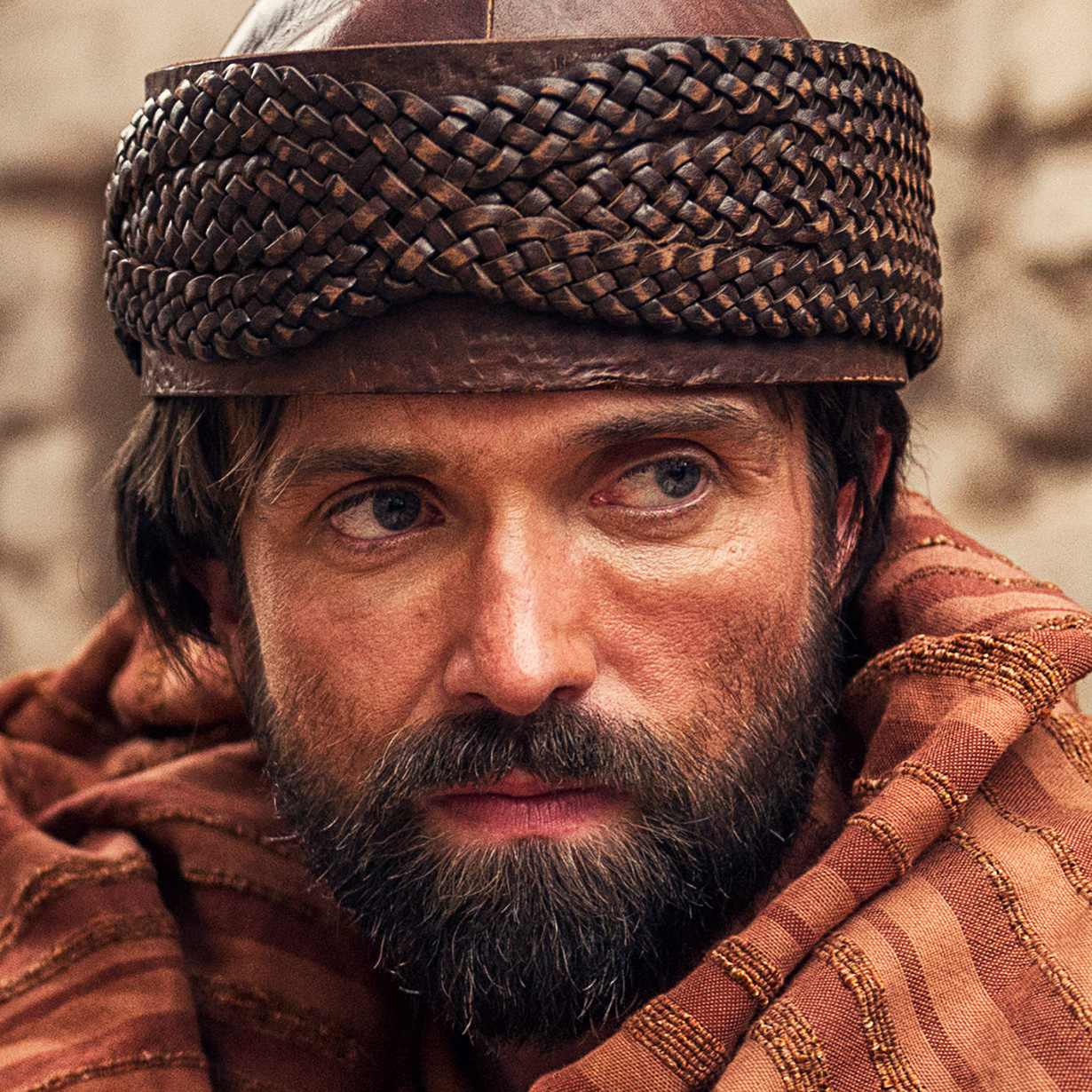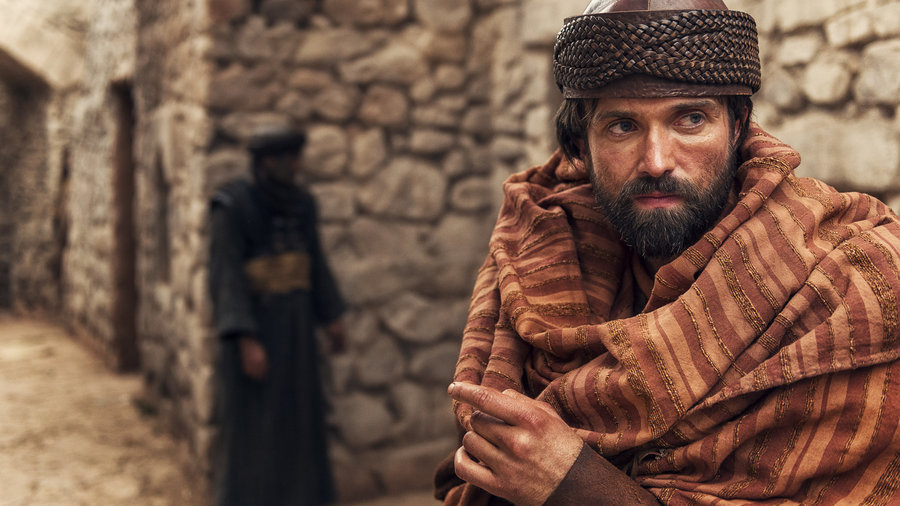Okay…on to something about the episode that was somewhat enriching….
In a telling scene, Saul is obsessively heading toward
Damascus. He is demanding a crazy pace from his companions, and he is mumbling
and spewing vitriol along the way. At one point, Reuben (the High Priest’s
guard who was told by Caiaphas to accompany Paul) gets fed up with his travel
companion from hell and confronts Saul, asking why he is so obsessed with
Peter. Saul angrily states that it makes no sense that God would choose an
uneducated fisherman. According to Saul’s mindset, the very choice of this
vessel defies logic. So we see that Saul’s struggle with this whole Jesus
movement, at least in part, appeals to perceived reason…to perceived logic.
Now juxtapose this scene with a later one. Paul, who has
just been cured of his blindness, sits around a table with his companions having
a meal. Ananias is there, and his travel companions sit there dumbfounded as
Paul explains that he has given up his former way and intends to be baptized.
He gets up with Ananias and leaves. Fast forward. We see him at the river, and
Barnabas is there. Barnabas is visibly struggling with what he is hearing, but
it is clear that Paul’s experience has consumed him. He cannot explain what
happened, how it makes sense—only that he was blind but now he sees.
This juxtaposition represents what I believe is a
hallmark of a mature believer, one who is neither purely cerebral nor purely
experiential. Intellect and emotions must collaborate, and neither can
drown out the other. If this happens, the Christian becomes a robot or a
windbag blown by the winds of experience and emotions. Reason offers a framework
to assess our personal experiences, and experiences breathe joy into our faith.
Also implicit in the scene of Paul’s baptism
was an awareness that he was still unsure what this all meant. Yeah…he knew
that he was now called for something special, but the specifics of that calling
were still to be hashed out. The last image that we see of Paul in this episode
was him bolting into the local synagogue, against the council of Barnabas and
Ananias, because the burden of the call was too great. To heck with any
questions he may have had, because he knew what he had to do. So, as this
episode closed we already see that the same passion and conviction that
characterized him as the Great Persecutor will drive him as the Great
Missionary.
While the artistic freedom that is being used to paint a
larger socio-political backdrop is starting to grind my nerves, the artistic
freedom that is being used to fill in the gaps of Paul’s character development
are very enriching and thought provoking. How often to do we just sit there and
cripple ourselves with our questions of what we are called to do? As if the
answer is going to be revealed in a dream or written on the wall… Why is it so
hard to allow our convictions, which are made clear by the Holy Spirit, to
drive our actions and trust that the intricate details will be made clear in
due time?








